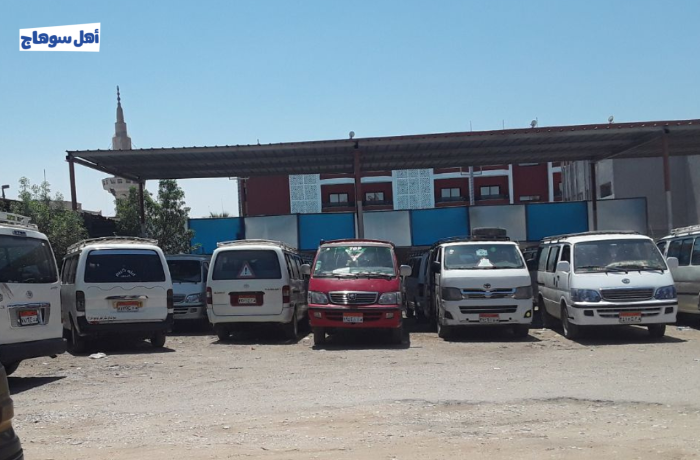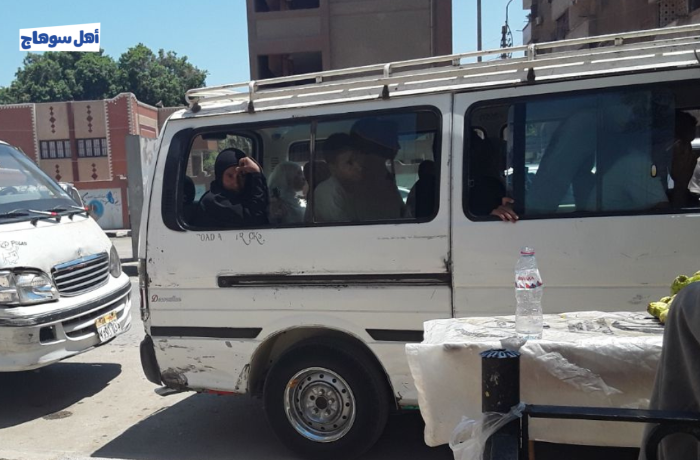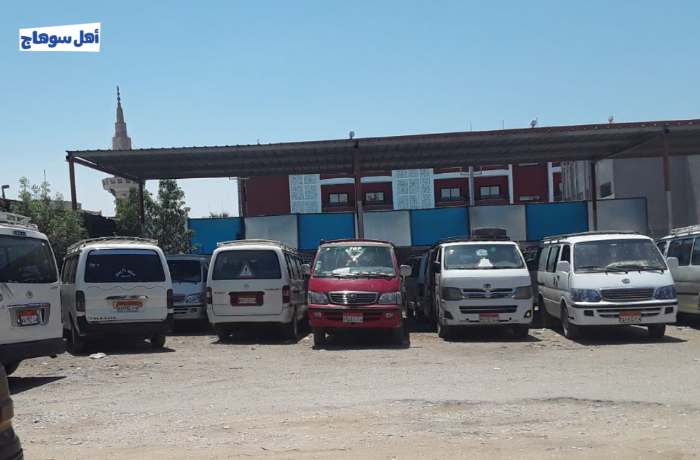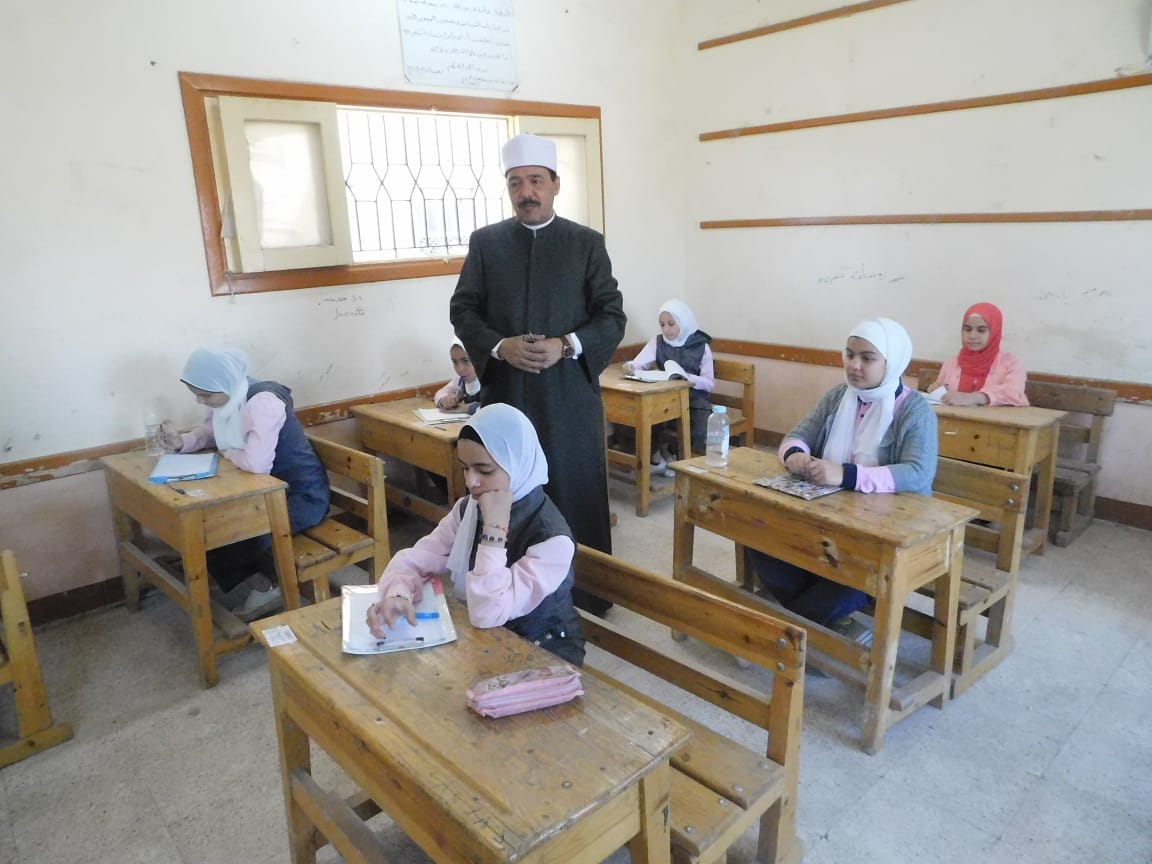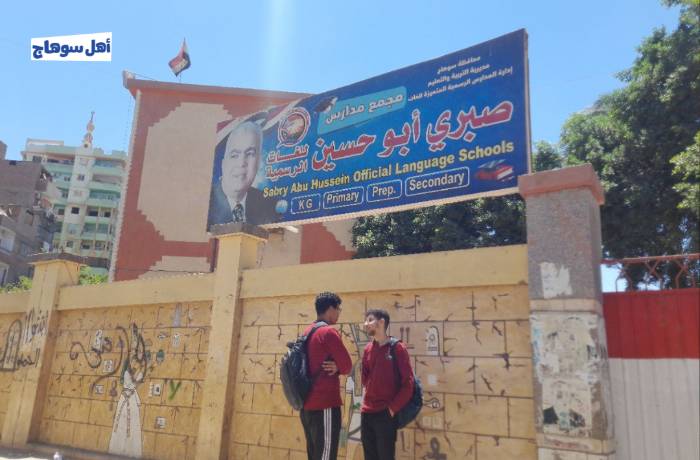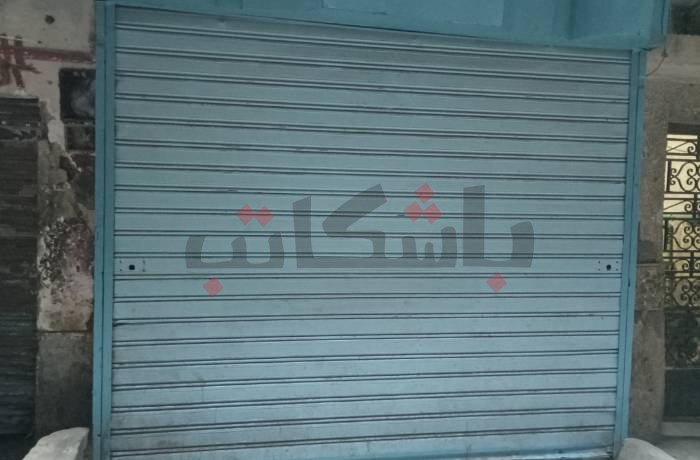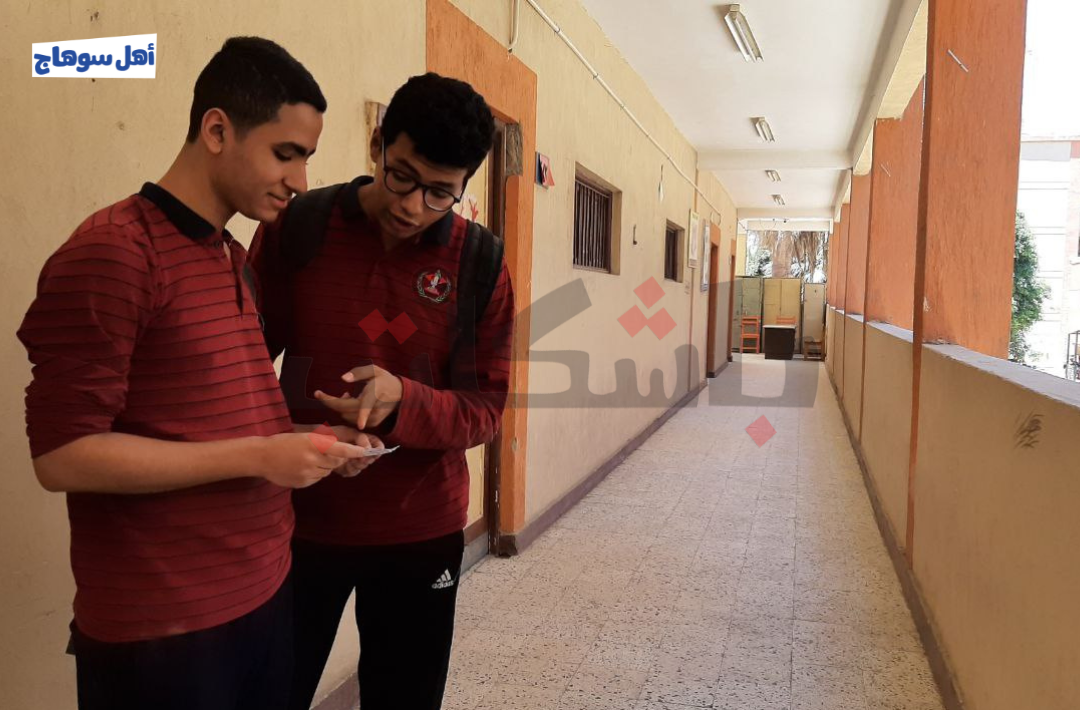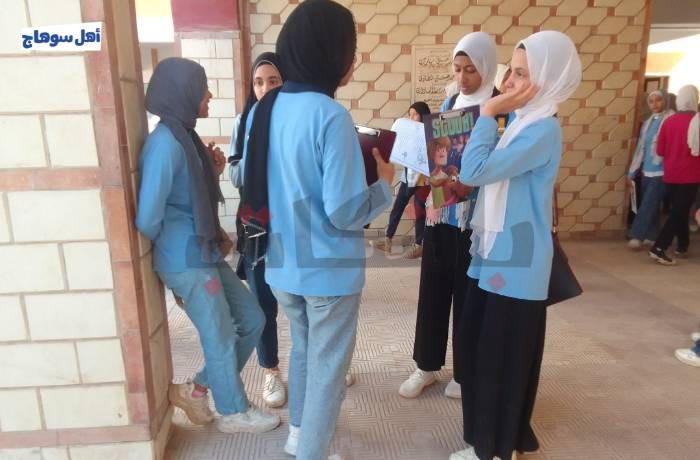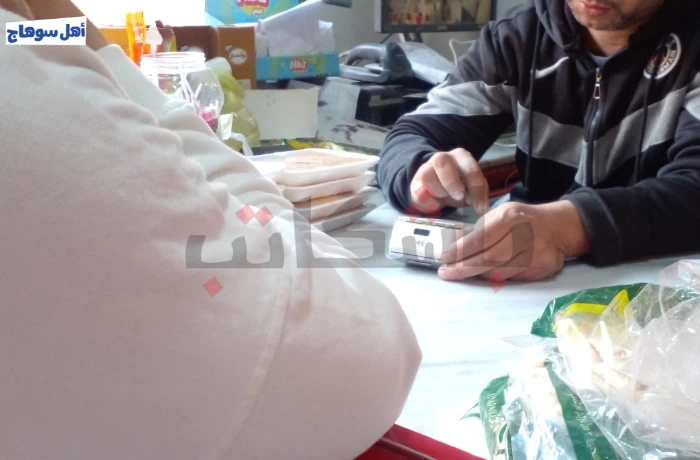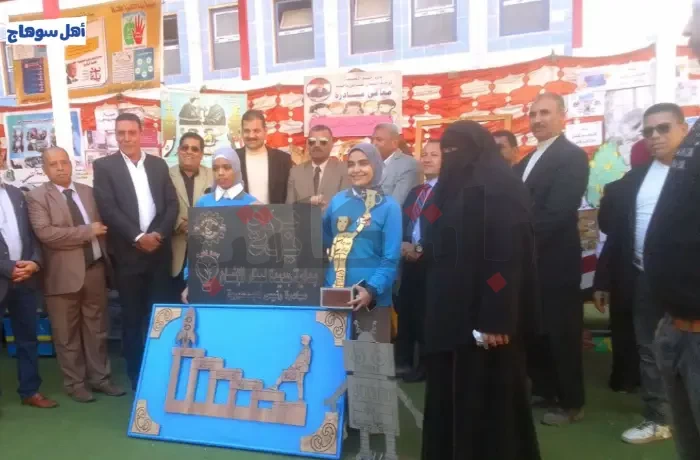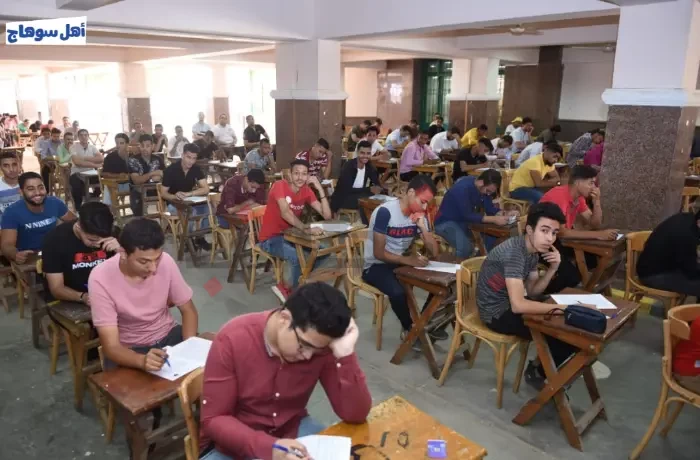The Egyptian government, for eleven years, kept increasing the prices of gas and fuel, with a recent surge that took place last Thursday, ranging from 10% to 15%. On the same day, Shaimaa Ahmed wasn’t aware of this decision, until she was surprised by the public transportation driver asking her for extra 2 EGP than what she usually pays.
Prices of the 80-octane gas per litre have increased from 11 EGP to 12.25 EGP, whereas 92-octane gas increased from 12.5 EGP to 13.75 EGP, as for the diesel, one of the most widely used types of fuel, has been increased to reach 11.50 EGP, after it only cost 10 EGP per litre.
On Foot Is Cheaper
Shaimaa realised that the cost of commuting from Akhmim town to New Tahta town will increase to 32 EGP, for she takes three means of transportation. On that day, the 30-years-old mother was busy with preparations for a trip to the amusement park in Tahta town during the holiday, yet the increase in gas price has set a dark cloud over their mood.
Israa Ragab was sad by the news, for the young woman takes the public transportation daily to go to work, yet after applying the new increase, Israa had to pay 20 EGP fare instead of 12 EGP, for she uses three means of transportation daily, “I decided then to give up one of the three transportation methods and walk instead.”
Fathy Ahmed did the same, he decided to give up one of the means of transportation he takes daily, and now walks during his return from his work at school to save the cost of the fare, as it increased to 18 EGP instead of 9 EGP, despite suffering from such a decision due to summer’s high temperature.
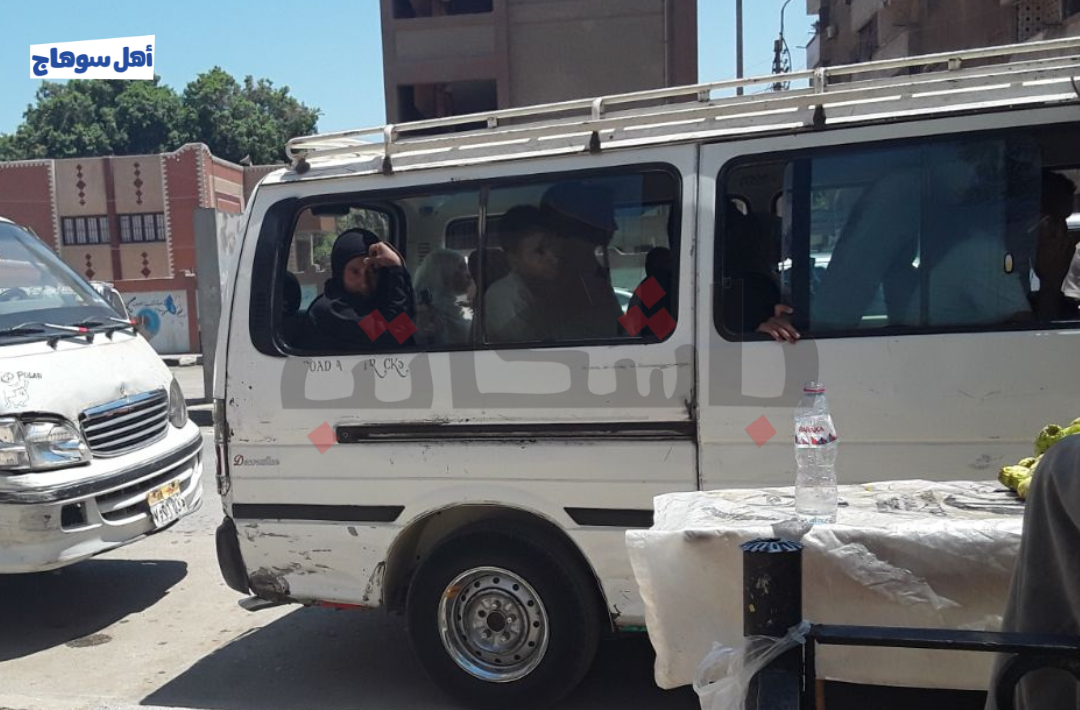
Ahmed Saber also was harmed by such decision, he has his own car, “I used to consume one and half tin oil can before the increase last Decembre, now I must use only one”, one tin can is about 20 litres of gas; Saber decided not to take the car and take public transportation instead for small distances. The 35-years-old young man criticised the decision of some to abandon public transportation for walking, “it is too hot so this decision doesn’t make sense.”
Hasnaa, 41-years-old car owner, was also annoyed by the decision and this continuous increase throughout the year; gas prices have increased last March, at that time 80-octane gas per litre have increased to 11 EGP, whereas 90-octane gas have increased to 12.25 EGP.
Hasnaa believes that the crisis is not limited to the increase in gas prices only, the problem extends to the increase of commodities’ prices as a result of this surge in the gas prices.
Fewer Taxi Customers
On the other hand, taxi drivers are suffering from the government decision, as Mohamed Fathy, 45-years-old taxi driver, complained about the lack of taxi customers due to the increase of the fare, saying that people prefer to walk now. Fathy hasn't decided yet how much gas he will fuel after the new increase, especially since it costs double now, “I used to pay 300 EGP, and now I pay 600 EGP.”
In addition to the increase in gas prices that Ali Mohamed, a taxi driver, has to bear, he now suffers the complaints and anger of the passengers, taking into account how their numbers have declined, saying that he now pays 500 EGP per week instead of 250 EGP only on gas.
Gas Station Attendants’ Wages on Thin Ice
Saeed Ahmed, a pseudonym, is a gas station attendant in Akhmim centre, he complains that customers now as for smaller quantities of gasoline since the implementation of the decision, affecting his “livelihood” as he described it, saying, “my wages depend on the number of customers and the quantity of gas I pump, for every 20 litres I earn 1 EGP,” by the end of the day his daily wage is determined based on the quantity of gas he pumped.
A day prior to the increase of gas prices decision, Ahmed used to earn about 100 to 200 EGP per day, however, after implementing the decision, his wages decreased rather drastically, “I only earned 50 EGP a few days before,” as a result, Ahmed is burdened with the anxiety of making ends meet, wishing prices would decrease so he can provide for himself.
